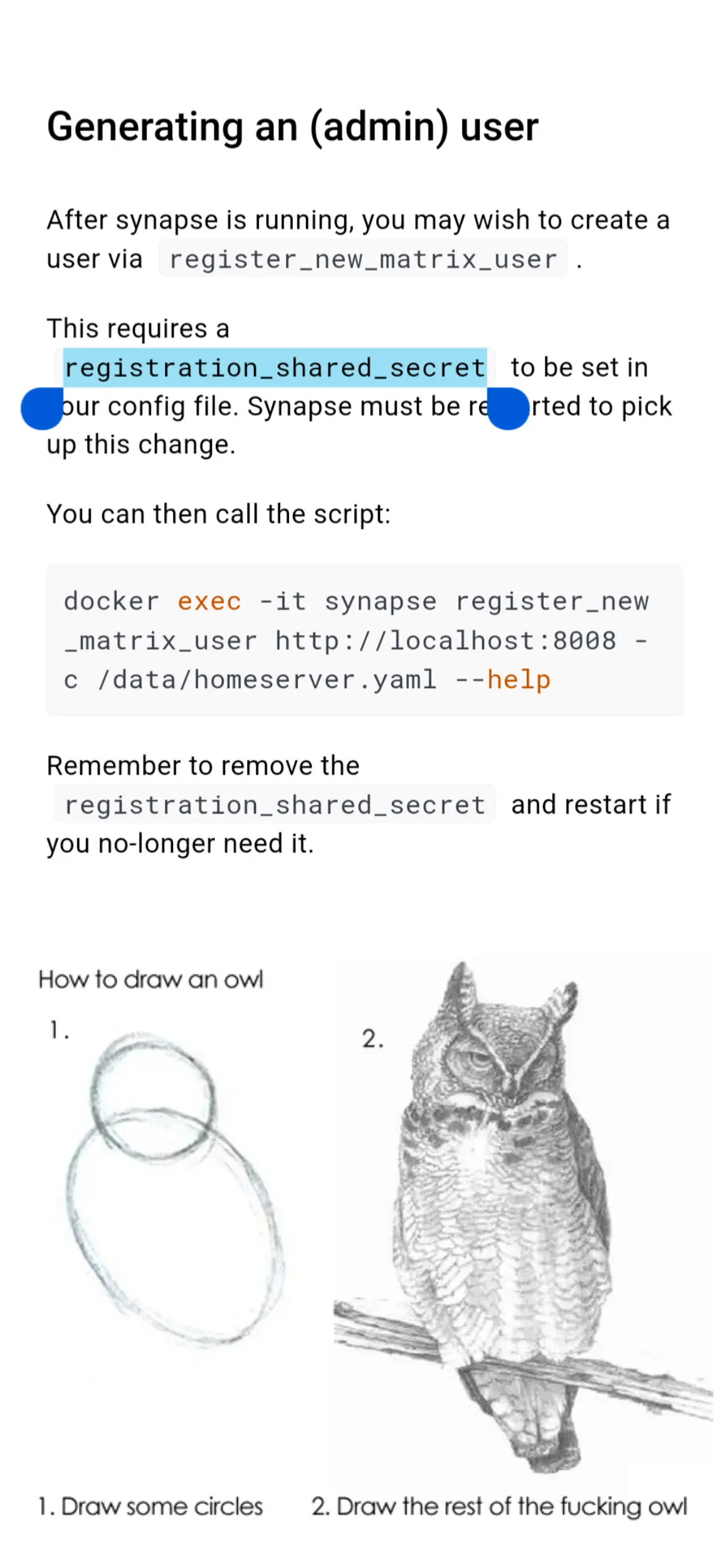Selfhosted
A place to share alternatives to popular online services that can be self-hosted without giving up privacy or locking you into a service you don't control.
Rules:
-
Be civil: we're here to support and learn from one another. Insults won't be tolerated. Flame wars are frowned upon.
-
No spam posting.
-
Posts have to be centered around self-hosting. There are other communities for discussing hardware or home computing. If it's not obvious why your post topic revolves around selfhosting, please include details to make it clear.
-
Don't duplicate the full text of your blog or github here. Just post the link for folks to click.
-
Submission headline should match the article title (don’t cherry-pick information from the title to fit your agenda).
-
No trolling.
Resources:
- selfh.st Newsletter and index of selfhosted software and apps
- awesome-selfhosted software
- awesome-sysadmin resources
- Self-Hosted Podcast from Jupiter Broadcasting
Any issues on the community? Report it using the report flag.
Questions? DM the mods!
view the rest of the comments

While security has nothing to do with my disgust for docker and people advocating its use, docker adds a layer of complexity, which means it is not necessarily more secure.
What is extremely bad about docker:
In general, if you can't write a good user manual, or at least clearly identify needed dependencies and configurations, you should not be developing software for other people.
it combines the disadvantages of a VM (shitty performance) and running directly on the host OS (sandboxing is not nearly as good as on a VM)
it creates insane bloat, by completely bypassing the concept of shared libraries and making people download copies of software they already have on their system
it adds a lot of security risks because the user would have to not only review the source code they are compiling and installing, but also would have to scan all the dependencies and what-not, and would basically have to trust the developer and/or anyone distributing an image that they did not add any malware.